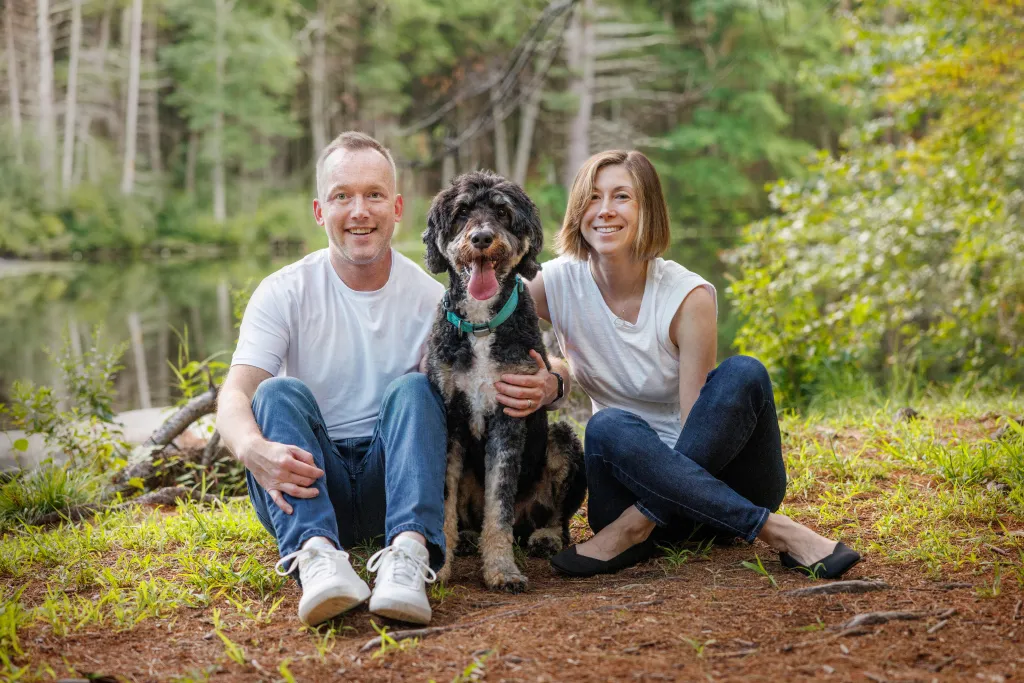Adaptation Ventures is the newest force in accessibility innovation, a bold angel investor group created to close the funding gap in disability tech and usher in a new era of inclusive entrepreneurship. Co-founded by startup veterans and disability advocates Brittany Palmer and Rich Palmer, this initiative arrives with a clear mission: to invest in early-stage startups developing technology for people with disabilities—products that are often overlooked by traditional venture capital despite a market that exceeded $22 billion in 2023 and is projected to grow rapidly by 2030.
Despite the sector’s vast potential, many disability tech founders still struggle to secure their first funding round. Brittany Palmer knows this first-hand. As the founder of Beeyonder, a platform offering virtual travel experiences for people with disabilities, she found that most venture firms simply didn’t grasp the size or significance of the disability community. Rich, who previously co-founded Gravyty and served as a managing director at Launchpad Venture Group, saw the same pattern: promising innovation, yet no
“first money in”
What sets Adaptation Ventures apart isn’t just the capital—it’s the lived experience behind it. Brittany is a bilateral amputee. Rich is a brain aneurysm survivor. Together, they’ve spent years on both sides of the table as startup founders and angel investors. Now, they’ve launched something they wish had existed when they needed it most.
Initially conceptualized as a traditional venture fund, Adaptation Ventures shifted into an angel group after discovering that high-net-worth individuals were more interested in direct involvement with startups than acting as limited partners. This pivot turned into a strength. The group now offers a minimum investment of $250,000 per company and holds quarterly pitch sessions where members vote on which companies should move forward to due diligence.
The investment scope is refreshingly broad: the group supports both assistive technologies designed specifically for people with disabilities and inclusive tech designed for wider markets that also benefit these users. Think companies like ReBokeh, which builds visual-assist tools, or even fitness startup Tonal, which makes workouts more accessible for individuals with physical limitations.
This isn’t about charity. It’s about recognizing overlooked market value. With over 1.3 billion people globally living with some form of disability, the demand is real and the innovation pipeline is rich. Rich and Brittany describe their investment philosophy as
“making the big stuff smaller and the expensive stuff cheaper”—an ethos that perfectly captures their commitment to scalable, practical solutions
After years of building, surviving, and investing, the founders of Adaptation Ventures are doing more than putting capital behind ideas—they’re changing the startup funding paradigm for good. And for the next generation of accessibility entrepreneurs, that could make all the difference


